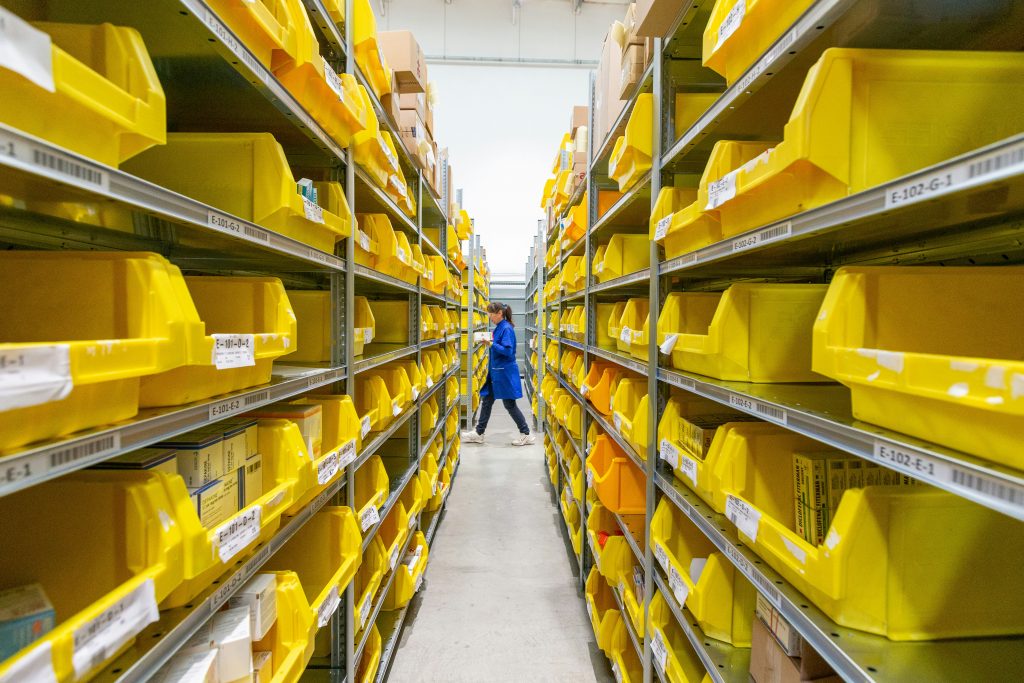
Companies on the move: the importance of parcel shipping and logistics in Spain
The parcel and logistics sector in Spain plays a fundamental role in the country’s economic and social development, constituting a key element in the global supply chain and facilitating both domestic and international trade. This sector, characterized by its dynamism and ability to adapt to new market demands, has experienced significant growth driven by the boom in electronic commerce, changes in consumption patterns and the globalization of economies.
Among the main players in the sector are consolidated companies that have proven to be essential to the Spanish economy. On the one hand, Correos, the Spanish state company, not only provides traditional postal services but has also expanded its offer to include parcel and logistics solutions both nationally and internationally. Correos plays a crucial role in Spain’s connectivity, ensuring access to shipping services throughout the territory, including rural areas.
Part of the DPD (Geopost) group, SEUR is one of the leading companies in the urgent transport market in Spain. With a strong orientation towards innovation and sustainability, SEUR offers a wide range of services adapted to the needs of companies and consumers, including ecological solutions through its fleet of electric vehicles.
Another example with a global presence is DHL, which operates in Spain offering international logistics and express transport services. Its ability to connect markets and companies worldwide has made DHL an indispensable player for Spanish foreign trade, facilitating exports and imports.

MRW, on the other hand, is an express courier company that stands out for its commitment to quality and speed service. MRW has developed an extensive network that allows it to offer efficient delivery services nationally and internationally, contributing to the dynamism of the retail and e-commerce sector in Spain. Another example is GLS, which offers reliable and efficient parcel delivery services in Spain, designed to meet market demands both in the field of national and international deliveries.
In addition, the sector also represents a great opportunity for new companies and ‘startups’, which find new ways to access a competitive market that is constantly growing and evolving. One of them is Paack, a Barcelona ‘startup’ specialized in the logistics sector, as a solution focused on scheduled and sustainable e-commerce deliveries, operating in Spain, France and Portugal.
Economic and Social Impact
The economic impact of these parcel and logistics companies in Spain is significant. They contribute significantly to the country’s GDP, generating employment and encouraging growth in other sectors, such as e-commerce, manufacturing and retail. The efficiency and effectiveness of this sector are essential for the competitiveness of Spanish companies in the global market, since efficient logistics reduces costs and delivery times, key factors for success in today’s economy.
In social terms, the parcel and logistics sector plays a vital role in territorial inclusion and cohesion, ensuring that products and services are accessible to the entire population, regardless of their geographical location. This is especially relevant in a country with the geographical diversity of Spain, where rural or remote areas depend on these services to connect with the rest of the country and the world.
In addition, investment in innovation and sustainability by these companies is aligned with sustainable development objectives and the transition to greener economies. The implementation of electric vehicle fleets, logistics management systems that optimize routes to reduce CO2 emissions, and the commitment to recyclable or biodegradable packaging are examples of how the sector contributes not only economically, but also to the preservation of the environment and to the promotion of sustainable development.
